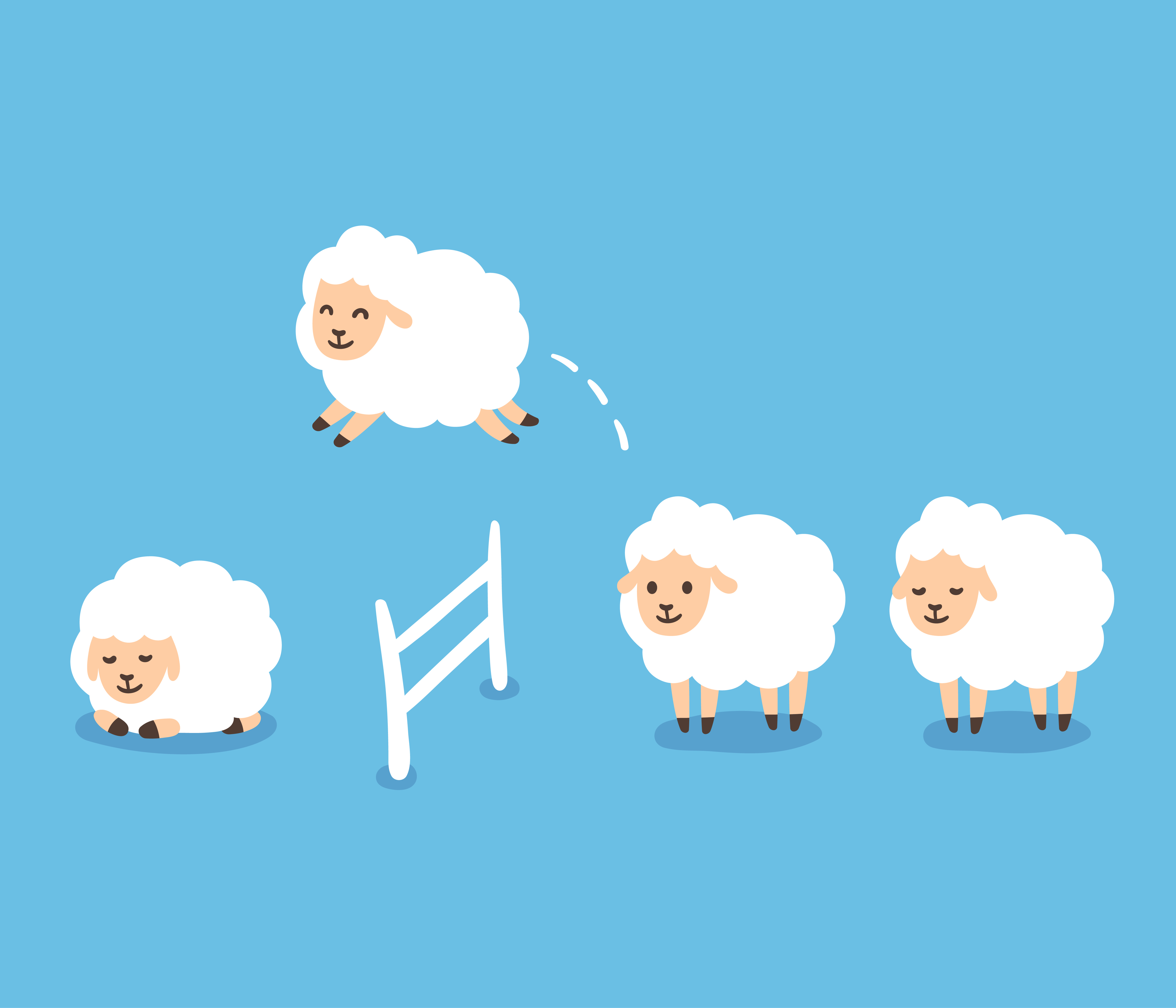
29 Mar Why Sleep is the Foundation of Health
We spend between ¼ – 1 ⁄ 3 of our lives sleeping. Allocating that much time to one activity must mean it’s pretty important. Sleep is the time when the brain engages in a number of activities necessary to life, all of which are linked to quality of life.
HOW MUCH SLEEP DO WE NEED?
It is recommended that we get between 7 – 9 hours of sleep. Once you get below 7 hours of sleep objective impairments in brain and body functioning can be measured. Most people don’t realise how chronically sleep deprived they are. People get used to having a constantly low baseline wellness level and accept it as normal, but there is actually a better version of you waiting out there – it just takes a little education to get there.
CREATING MEMORIES
Adequate sleep is vital for brain plasticity, which is the brains ability to adapt to input. Your brain needs sufficient sleep to process what it has learnt during the day and convert this information into memories to refer back to later. When you have inadequate sleep, any new info you take in somewhat ‘bounces’ from your memory bank and gets forgotten, rather than being converted into memory to save. Ironically – you are suffering from sleep deprivation to get more work done but the lack of sleep decreases your brains’ ability to complete the work.
WEIGHT-LOSS & SLEEP
If you are actively taking steps to lose weight but are getting insufficient sleep, up to 70% of the weight you lose will come from your lean muscle mass and not fat. This is because a lack of sleep decreases the body’s sensitivity to insulin and as a result it becomes stingy with giving up fat. Additionally, insufficient sleep causes two critical appetite hormones go in opposite and uncomplimentary directions. Your Leptin levels (the hormone that sends signals to your brain informing it that you are full) drops down and your Ghrelin levels (sends the signals indicating that you are hungry) go up.
When it comes to exercise, inadequate sleep means that you aren’t able to exert yourself as effectively and can increase in your risk of injury. The aim is balance! A good diet and regular physical activity aid your ability to sleep, and good sleep aids your ability to lose fat and perform physically better.
THE IMMUNE SYSTEM & SLEEP
Short sleep is a significant predictor of all-cause mortality. 1 This is displayed in a real-life global experiment across 1.6 billion people each year. An increase of 24% in the number of heart attacks is observed in Spring in countries subject who implement daylight savings, resulting in sleep time.
During deep sleep the body ‘restocks’ the immune system to fight infection. Research has shown that reducing individuals sleep time by as little as an hour results in a 70% decrease in production of natural killer cells, which are critical to the innate immune system’s ability to fight infection. 3 People who get inadequate sleep are 4 times more likely to catch a cold. You may have noticed that when you are sick all you want to do it sleep. That’s because your infection has indicated to the immune system that you are under attack and need to restock your immune cells.
WHAT ABOUT CAFFEINE?
The half-life of caffeine, or the amount of time it takes for half of it to be out of your system, is 6 to 8 hours. Caffeine has a quarter-life of 12 hours, meaning that if you have a cup of coffee at noon there is still a quarter of it circulating around your brain at midnight. Some of you reading this might be thinking “caffeine doesn’t affect me negatively, I can have a cup of coffee just before bed and still fall asleep easily and stay asleep”. Unfortunately, it is impacting your sleep, you just aren’t aware of it.
Scientists have tracked the brainwaves of people who make these claims and despite being able to fall asleep easily, and stay asleep, these participants experienced a 20% decrease in the quality of their deep sleep. As we get older the quality of our deep sleep naturally decreases, so every 15 years the quality of our deep sleep has reduced by 20% naturally. Essentially your evening cup of coffee is aging your sleep quality by 15 years. My recommendation is to embrace the coffee culture. It’s delicious and a great social activity, just make sure to do it before noon. Alternatively, incorporate some delicious coffee alternatives.
GETTING A GOOD NIGHTS’ SLEEP:
Creating a sleep-inducing environment in the evening is the first step in aiding a good night’s sleep. On top of this Faithful-to-Nature have some great, natural sleep-promoting products.
- Lavender essential oil offers calming properties, which can help you fall asleep faster. Place a few drops on to your wrists or temples at bed time.
- Sleep teas contain specially combined herbal formulas, which calm the mind and sooth the central nervous system, creating a relaxed environment in the body.
- Herbal sleep medications work similarly to the sleep teas, where a specially formulated, non-addictive herbal remedy acts to relax the central nervous system.
Ending this article with my one top tip to help you get a better night’s sleep is that you must enable your brain to associate the bed with sleep. Don’t turn your bed into a cinema, a place of work or place for eating. If you are struggling to fall asleep, instead of lying in bed awake and associating your bed with being awake, get up and go read in another room, returning to the bed only when you are sleepy. Your brain needs to know that the bed is for sleep.



No Comments